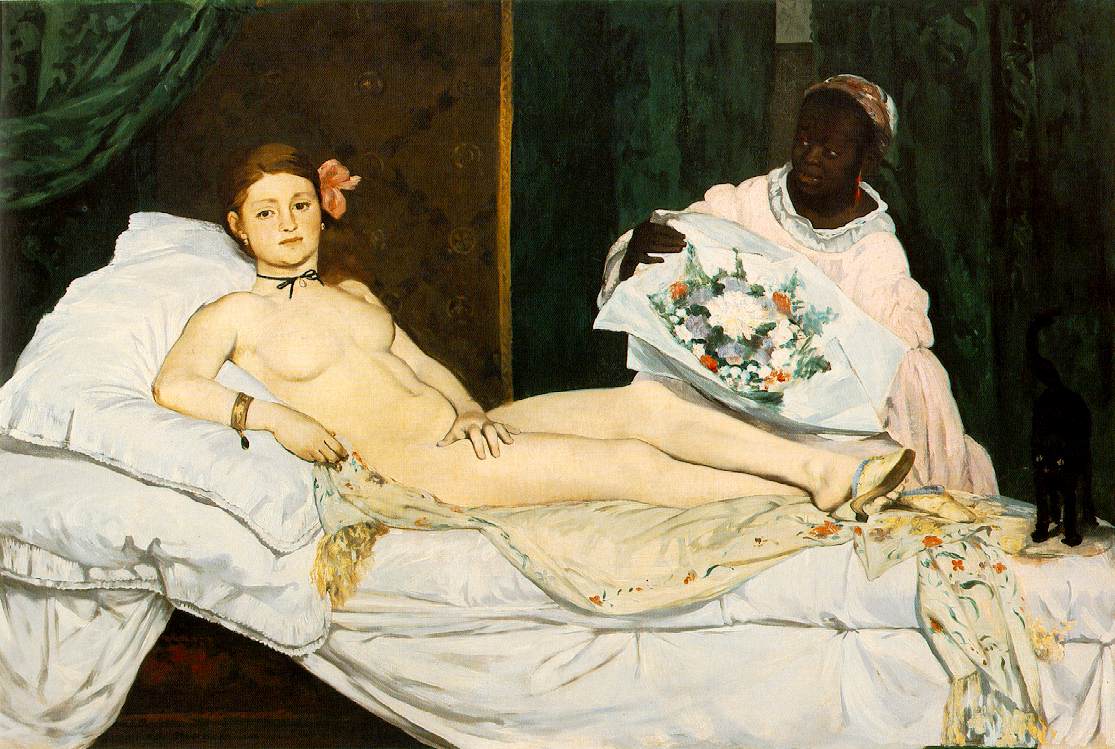For two hours yesterday I witnessed the power of youth expression. At an Open M.I.C. event at Ben Carson High School of Science and Medicine, students, teachers, faculty, community members and several UofM students shared a space of art, expression, music, ideas and creativity. The group transformed the school’s entrance hall into a dance floor, a cheering competition and most importantly, a stage. The only requirements to make this transformation were a microphone and an audience; the artwork that immediately started emanating throughout the room did the rest.
Had this been a different Friday, the final bell would have rang and the students would have gathered their things to leave school. They would have left in cars or in buses or on foot, and some would have waited outside until their rides came.
Instead, they piled into their forum space, which looked and felt and sounded different than the space through which they entered the school that morning, and spent fifteen minutes cheering and chanting and screaming for their school and their fellow students. Around 75 people stayed to dance to the Cupid Shuffle, including the principal and several teachers. They wore beads and bandanas and got to dance to music that otherwise is not allowed in the school.
Then, for an hour, students performed incredible, moving, talented art in front of their peers. Students rapped, read poetry, sang and danced. Multiple students came up to the microphone more than once to share two or three different kinds of art. Three students spoke about ending bullying. Two performed poetry about violence in their neighborhoods. One girl’s poem about the death of her father caused her teacher to cry. One boy painted his face completely white, and performed a five-minute dance routine as a mime, as a call to end youth suicide. The guest performer, a Detroit-area rapper and former member of the group Binary Star, said that he’s never seen an open mic like this, and that he wished he had this program growing up. A group of three freshman, triplet sisters, sang two songs together about family. One boy mentioned in a poem that he thinks people should start showing more respect for Detroit. We finished in a group huddle by chanting “Teamwork Makes the Dream Work.” Students took it upon themselves to start beat boxing and dancing along with the chant in the middle of the huddle.
I was struck, during the mimed dance and the poetry and the singing and the huddle, that there was nothing but raw, untested talent in that room, in these students. The only thing they needed, the only restraint any one of them had in pursuing a medium for arts was the opportunity– the space itself. There are no arts classes in this high school; the students received no training or instruction or help or mentoring in their artwork. If anyone in that room was moved or inspired or proud or impressed, it was because of the students– the ninth, tenth and eleventh grade teenagers– who used alternated using a microphone as a means to discuss relevant issues, share skills, make a call to action or think spontaneously.
If this were a math equation, it would look like this: Â microphone + speakers + students = creative expression
Although the teachers and the UofM students and the community members were there to encourage and share and provide the equipment, the students deserve the credit. They proved, in no uncertain fashion, that an outlet– a medium in which to express oneself– can be an important vehicle for school change. In the course of those two hours, I saw an emerging rapper/singer/songwriter with no shortage of confidence and enthusiasm. I saw a boy so dedicated to his cause that he spent twenty minutes getting in costume to perform a dance routine even without his two other group members. I saw a girl use poetry in order to express something that can’t easily be expressed without prose.
I saw students create a space of their own; all they needed was a microphone.







